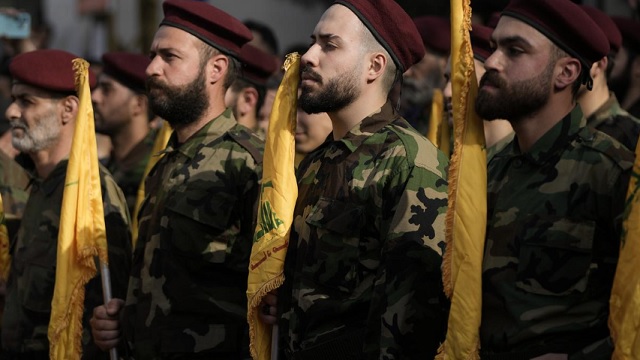Navigating Sectarian Fault Lines Amidst Hezbollah-Israel Conflict
As the shadow of conflict looms over Lebanon’s border, the Christian communities in southern villages like Rmeish find themselves torn between fears of displacement and anger at being dragged into a war they never chose. Hezbollah’s involvement, perceived as encroaching on their presence and safety, exacerbates existing tensions within Lebanon’s fragile sectarian balance. With historical animosities and recent economic hardships, the specter of an imminent exodus looms large, threatening to further destabilize an already fractured nation.
Amidst the political maneuvering and power struggles, voices of dissent within Christian ranks grow louder, questioning Hezbollah’s unilateral decisions and dominance over Lebanon’s affairs. The clash of interests between Hezbollah and its erstwhile Christian ally, the Free Patriotic Movement, underscores the deepening fault lines within Lebanon’s political landscape. As Lebanon teeters on the brink, the question remains: can the country find common ground amidst the looming specter of sectarian strife and external conflicts?

